To continue my series, I thought the next logical step would to be address how White people can be better friends when entering into spaces where they displace themselves in different cultures. To do this, I got some advice and feedback from African American leaders that I know from different walks of life and by just telling of the many mistakes I have made....Enjoy!
1. Lay down your Power and Privilege
I’ve seen it many times, in my own life and others, when White people attempt to engage in other cultural areas where they are the minority, they forget to lay down their privilege and power. Privilege exists everywhere in society. One of the benefactors of privilege (which shows itself in many ways) are White people. Let's make one thing clear: One can have White privilege and still go through hardships (e.g. Like being in poverty). Yet, White people still do not have to deal with being profiled by the police. The list goes on and on... Denial of our White Privilege often comes from the unaware premise we hold that everyone has the same American Experience. This is a dangerous thought. We are all made differently and every aspect of our beings, rather that be our background or skin color, effects our outlook on life and sometimes even how we are treated.I remember once last year I was having a conversation about the events taking place in Ferguson with one of my friends that was an African American. I had good intentions, but I overpowered the whole conservation. Afterwards, my friend told me that I needed to check my privilege at the door and for once just listen to others that don’t have a voice. It hurt since I had good intentions, but I needed to hear that.
2. Know Why You Are There
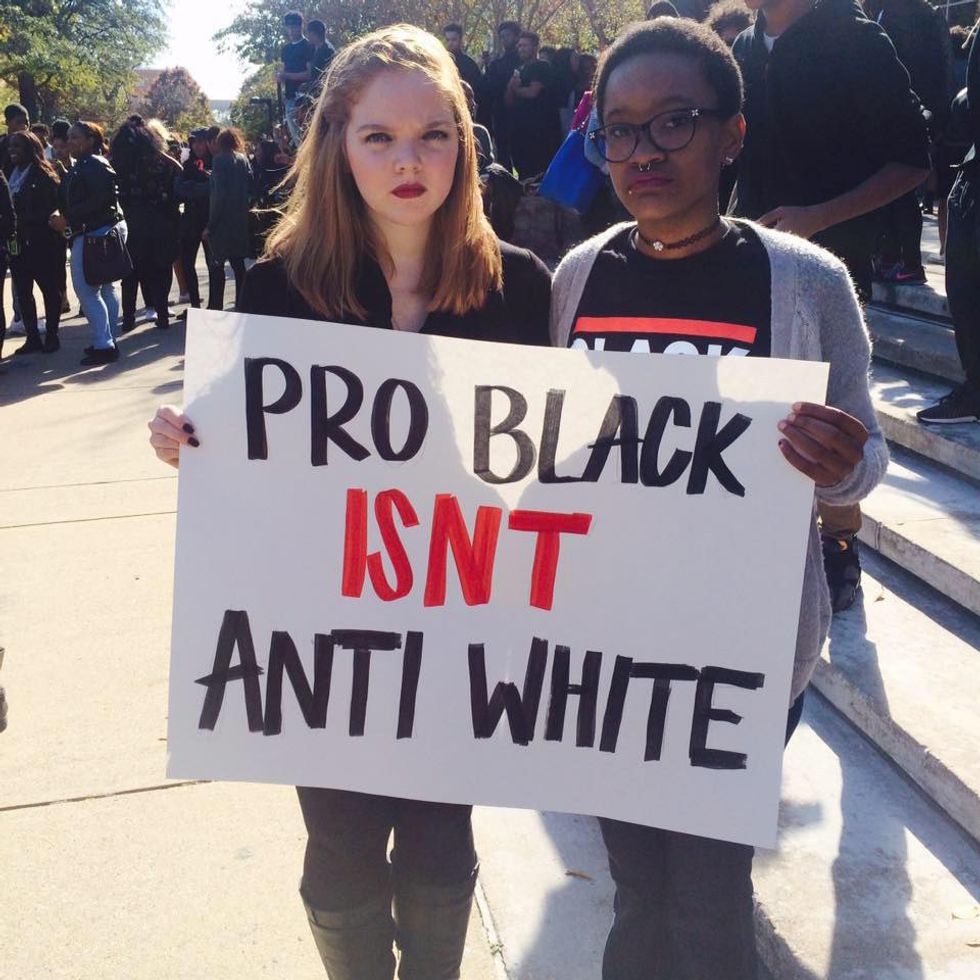
This is very important. Do you want to be in this space to just show how much of an 'inclusive, good white person you are and how much you advocate for them?' Or do you want to be there so you can actually be quiet and try to listen to what the 'other' is going through? You see advocacy is not enough. This stems from my view as a Christian. Advocacy just entails knowing the other’s issues. Our concern for the issues they are facing should come out of our love for them. Ultimately, I believe that we are all brothers and sisters in Christ. This radical, unconditional love only comes if we enter into proximity to the “other” and if we relent our privilege and power in that said relationship. So, white people, are we willing for once to sit down, shut up and take the backseat? So many misunderstandings would be corrected if we learned to do this.
3.Beware of White Savior Complex
As a former sufferer of this horrible, infectious, complex, please, for the LOVE OF GOD, do not interact with minorities and come into their safe spaces with the idea that you are somehow saving them or doing them a favor. As one of my mentors once told me, “The only savior is Jesus Christ and you aren’t him!” Obviously, if you do not believe in Christianity, I still do not think that anyone would disagree that a white savior complex is bad. It makes us not acknowledge all of the history of racism and confront our own racism and prejudice. In short, beware of the White Savior complex.
4.Be Prepared to Get Your Feelings Hurt
It’s human nature, we do not want anyone to question our intentions. However, when it comes to cultural displacement/ going into safe spaces meant for often misaligned groups to have a say, often White people feel attacked. Sociologists have a term for this: White fragility. From my own experiences, I cannot tell how many times I have felt personally attacked, however, we must realize: there is a reason that misaligned groups in society have safe spaces to talk about issues. There is a history of minorities feeling like they cannot trust the majority in power. We like to think that that history does not matter, but it does my friends.
I'll give an example: A few weeks ago, co-founder of Black Lives Matter came to ODU! Thanks to some friends, I had the privilege of meeting her. During her speech later that night, I realized a small part of me felt really offended at times. A small voice in my head would at times whisper: "Why Am I feeling like I am being attacked?" In short, to put it simple: My feelings were hurt. You cannot let this get to you. Just keep pressing on. Later on that night, we were allowed to submit questions. Mine was: "As a white Male, how can I support the movement without 'white-washing' it?" She ended up answering the question. She eventually touched on the topic of white guilt. She said that she found that some white people that support Black Lives Matter seem to be motivated by white guilt. She then said that, "Your guilt and angst doesn't help our movement." This is something that really hit me and I hope hits you. Yes, you might get your feelings hurt or feel guilty. Honestly, I would be worried if you didn't go through this phase. However, guilt is not a good place to stay. Guilt should lead to healing, renewal, and then action. The co-founder of the Black Lives Matter movement even went as far as saying that they need White people in their movement to talk to other white people that do not listen to other minorities' experiences. In short, my friends, we need to be prepared to get our feelings hurt and then move on.
Alicia Garza, co-founder of Black Lives Matter, Speaks to an ODU audience
Conclusion
So many issues in our society stem from not knowing, “the other.” Whether that be because of our political affiliations, our religion, or our ethnicity. But honestly, reading this will not help you if you do not attempt to simply just make friends with people that are different than you. My hope is that this ‘starter guide’ of tips from my experience will inspire people to do the same. I have hope that change will happen. Already at ODU, I see it happening. Remember, it’s a journey, not a destination!


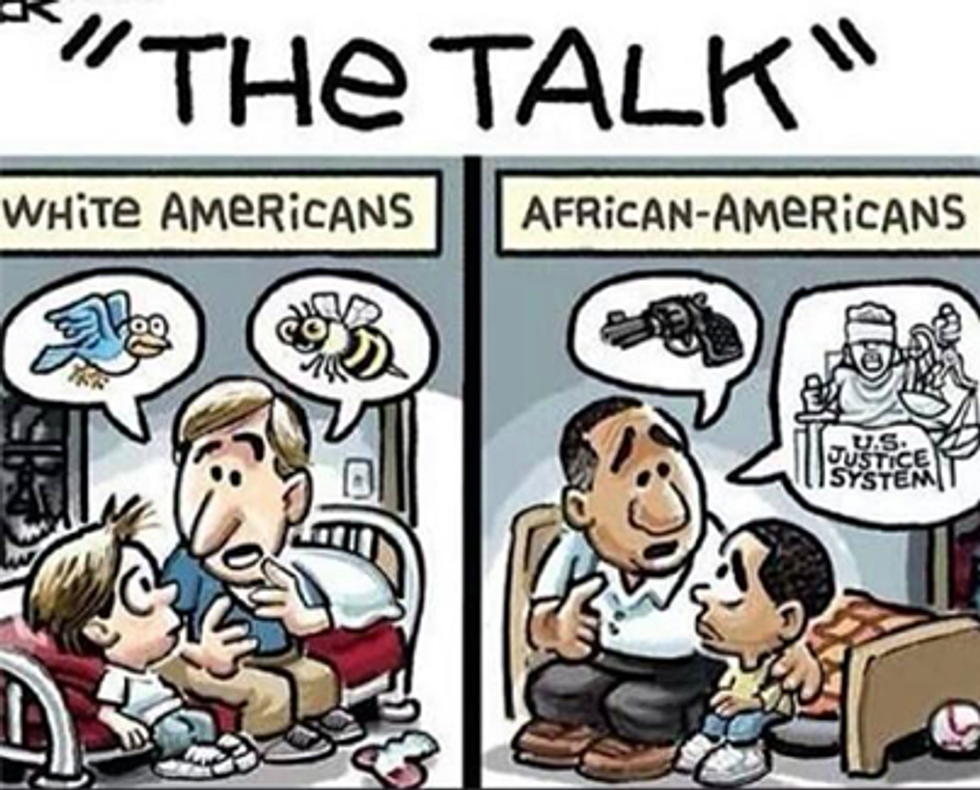

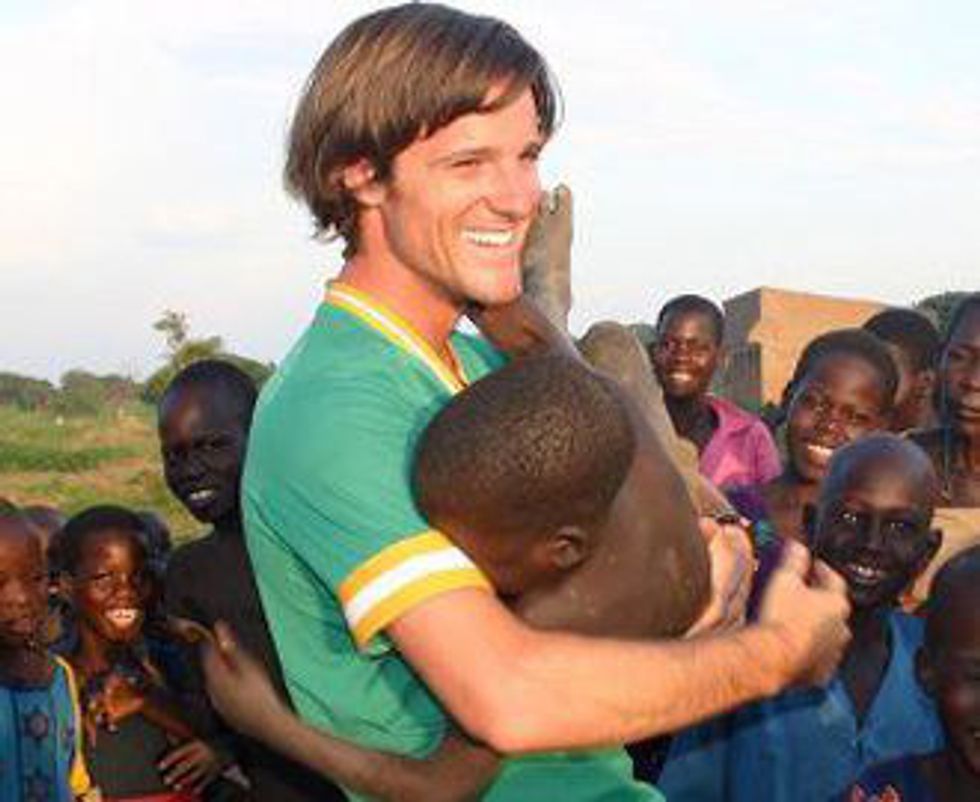
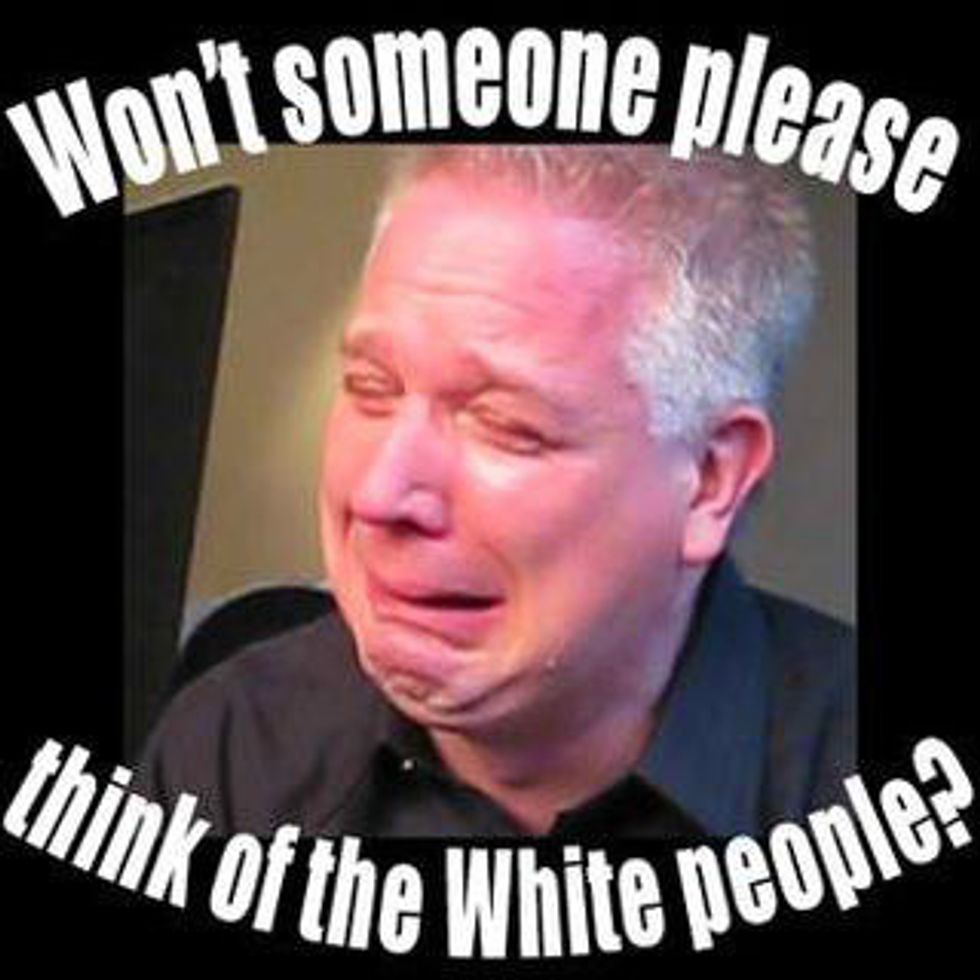
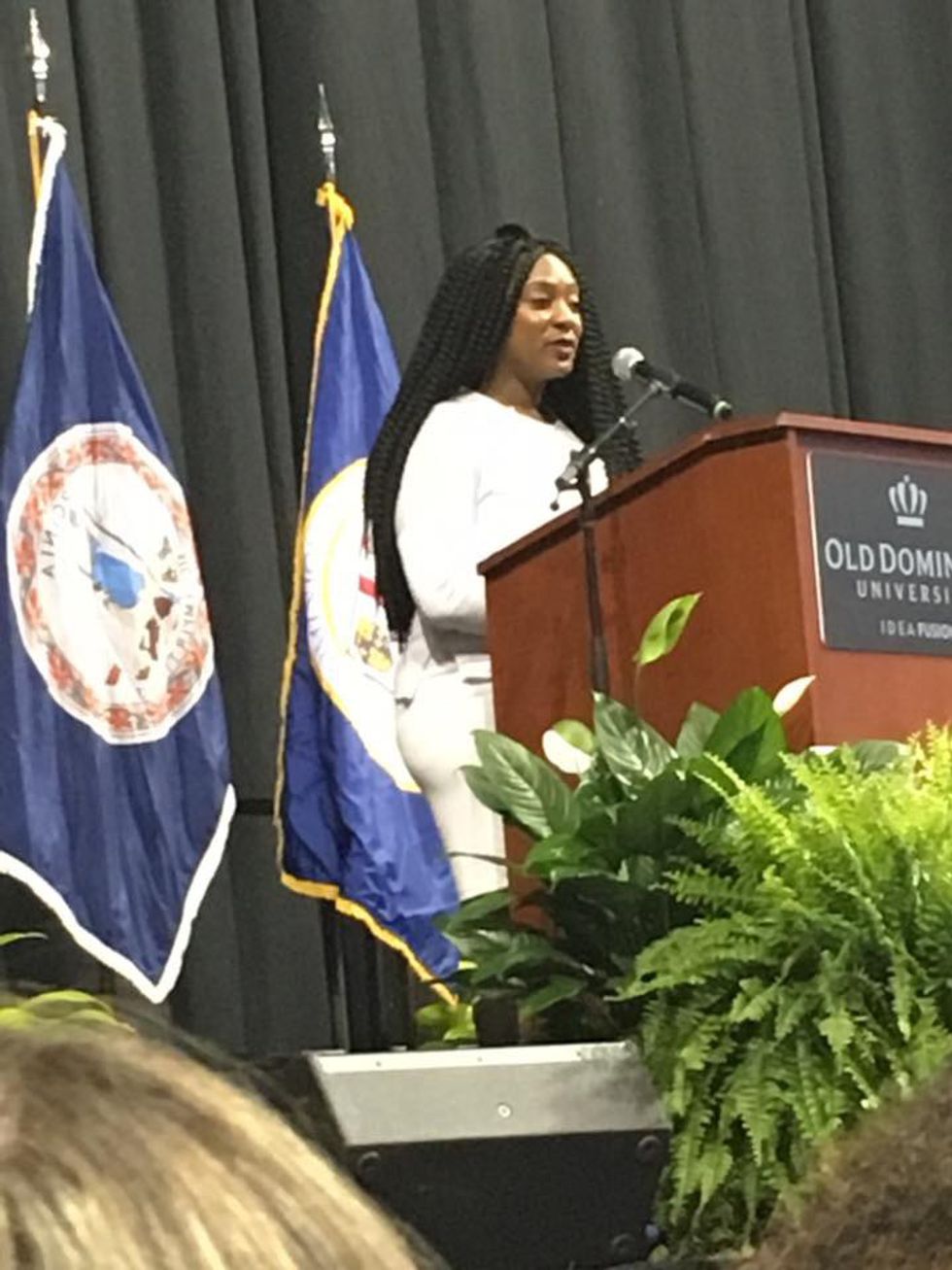

 StableDiffusion
StableDiffusion StableDiffusion
StableDiffusion StableDiffusion
StableDiffusion Photo by
Photo by  Photo by
Photo by  Photo by
Photo by 
 Photo by
Photo by  Photo by
Photo by  Photo by
Photo by  Photo by
Photo by  Photo by
Photo by 












